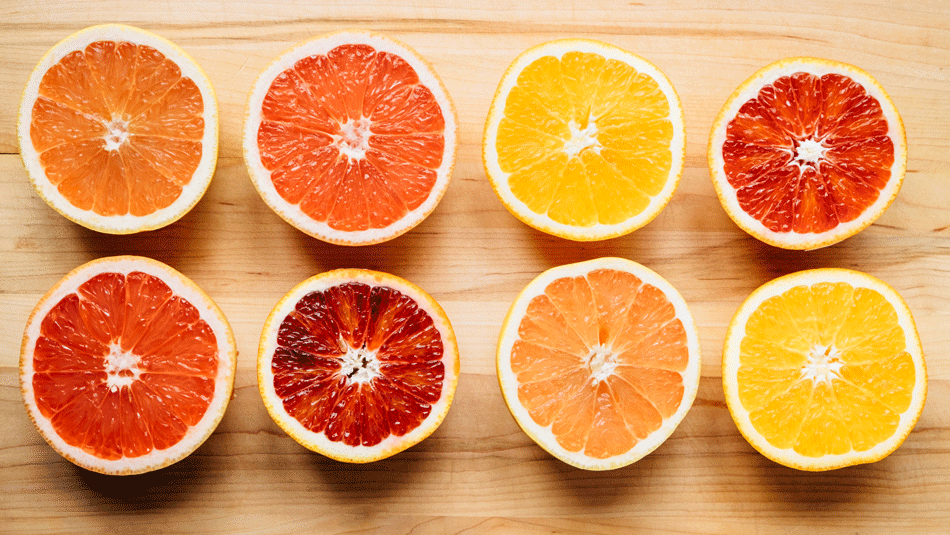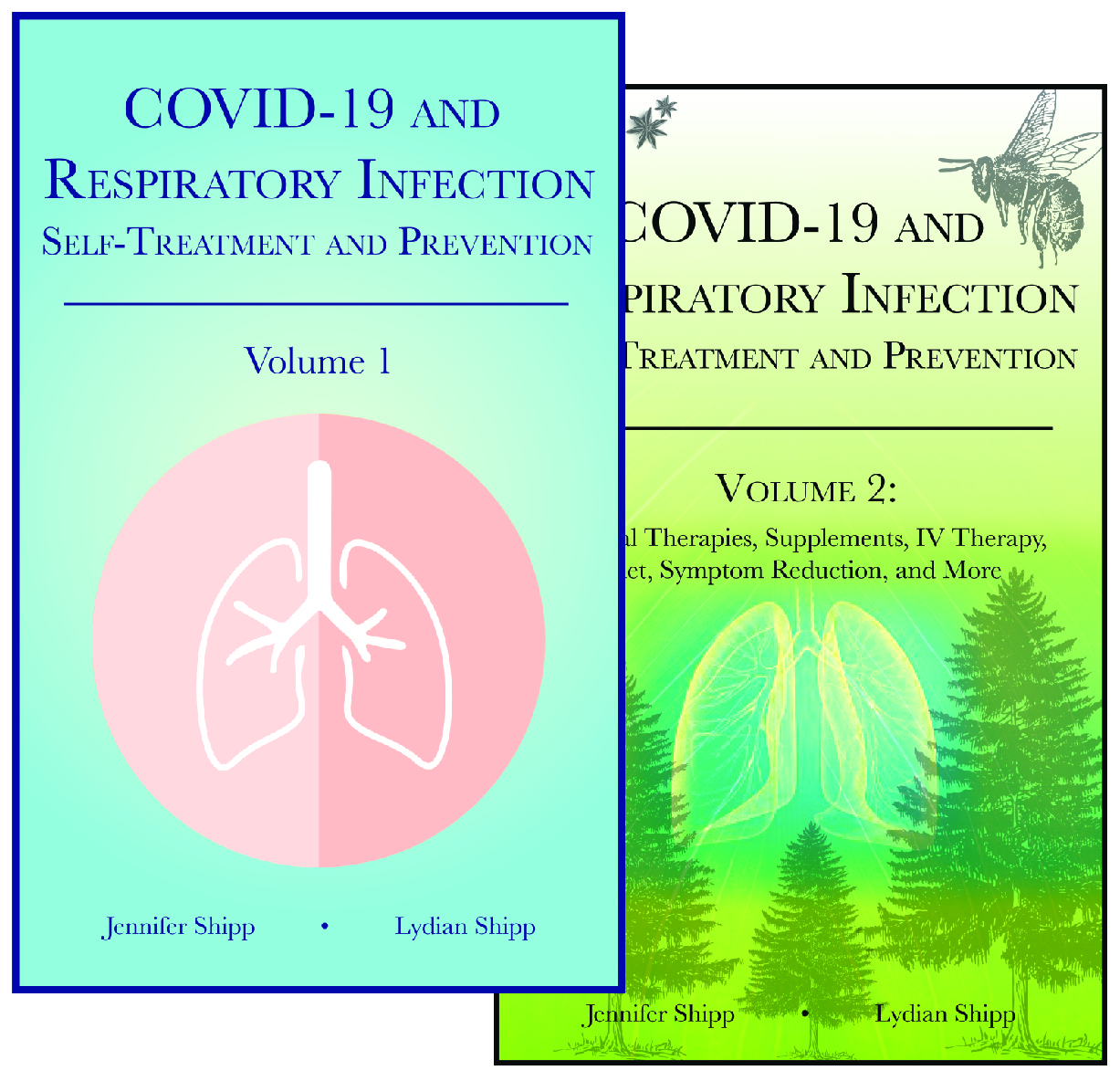 Foods to Support Long-Haul COVID Treatment
Foods to Support Long-Haul COVID Treatment
Some of the nutrients that are valuable in higher doses for the treatment of COVID are vitamin C, iodine, luteolin (a flavonoid), vitamin B12 and other B vitamins, and essential amino acids. The amino acid L-arginine should be avoided, however. To support recovery, COVID patients should also pay attention to their dietary intake of these nutrients in order to facilitate faster and more efficient healing. With this in mind, here are some foods high in each of these nutrients that we recommend consuming as a part of this diet:
- Vitamin C -
- Citrus fruits (orange, grapefruit, lemon, lime, etc.)
- Tomatoes
- Potatoes
- Berries (strawberries, blueberries, cherries, etc.)
- Bell peppers and chili peppers
- Cruciferous vegetables (broccoli, cabbage, brussels sprouts, etc.)
- Papaya
- Kiwi
- Vitamin B12 and other B vitamins (most sources of B12 are also a good source of essential amino acids)-
- Fortified non-dairy milks
- Goat’s milk and goat cheese** (these products do contain some L-arginine, so use them with caution)
- Eggs (also high in essential amino acids and iodine)**
- Chicken* (contains some L-arginine, but because it contains less than other meat products, we’ve included it here as an option for getting vitamin B12 in the diet, as well as other essential amino acids)
- Dark, leafy vegetables (bok choy, kale, spinach etc.; many of these are also somewhat high in vitamin C, especially kale)
- Bananas (a good source of vitamin B3 specifically)**
- Avocado (source of vitamin B5)**
- Sweet potato (source of vitamin B7)
- Whole grains and fortified cereals**
- Iodine -
- Seaweed and kelp
- Prunes
- Luteolin -
- Broccoli
- Celery
- Parsley
- Carrots
- Bell peppers
- Cabbage
- Apples (specifically the skins)
- Chili peppers
- Pumpkins
- Fresh thyme, sage, and Mexican oregano (Lippia graveolens)
- Essential Amino Acids (including tryptophan, glycine, proline, valine, threonine, cysteine, methionine, leucine, isoleucine, lysine, glutamine, and histidine; foods high in arginine have been left off this list)
- Quinoa (contains all 9 essential acids and a particularly high amount of lysine)
- Legumes and beans (specifically try to consume lentils, peas, kidney beans, and chickpeas/garbanzo beans; these are also high in some B-complex vitamins, and lima beans specifically are high in iodine)
**These foods contain higher quantities of the amino acids L-tyrosine and/or L-phenylalanine. These amino acids help the brain produce more dopamine, the neurotransmitter that regulates mental clarity and focus, happiness, feelings of fulfillment, and alertness during the day. Eating these foods will help your brain produce the dopamine it needs.
Foods to Avoid During Long-Haul COVID Treatment
Below is a list of foods that are especially high in the conditionally essential amino acid L-arginine. While in most people consumption of this amino acid poses no problem, and is in fact beneficial, people who are recovering from COVID should avoid L-arginine as much as possible. It may not be realistic to completely avoid L-arginine and still get all of the nutrients you need in your diet, so we’ve only included the foods that have the highest levels of arginine (some foods that still contain L-arginine have been left off the list below).The foods below should be kept to an absolute minimum in your diet while you’re recovering (also check any supplements you’re taking to ensure that they don’t contain L-arginine):
- Pumpkin seeds, sunflower seeds, sesame seeds, and watermelon seeds
- Most nuts (including walnuts, peanuts, almonds, brazil nuts, cashews, hazelnuts, and pecans)
- Turkey
- Beef and other red meats
- Fish and other seafood
- Oats, corn, buckwheat, and brown rice
- Soy products
- Spirulina
- Red wine and other alcoholic and fermented beverages
- Aged cheese
- Pineapples
- Fermented foods
- Sauerkraut
- Avocados
- Eggs
- Processed meats
- Smoked meats
- Eggplant
- Spinach
- Shellfish
- alcohol and other fermented beverages.
- fermented foods and dairy products, such as yogurt and sauerkraut.
- dried fruits.
- avocados.
- eggplant.
- spinach.
- processed or smoked meats.
- shellfish
- High Histamine Spices (see our list of Low Histamine Spices below)
- Sage
- Thyme
- Cilantro / Coriander
- Oregano
- Parsley
- Basil
- Turmeric

Related Posts:












